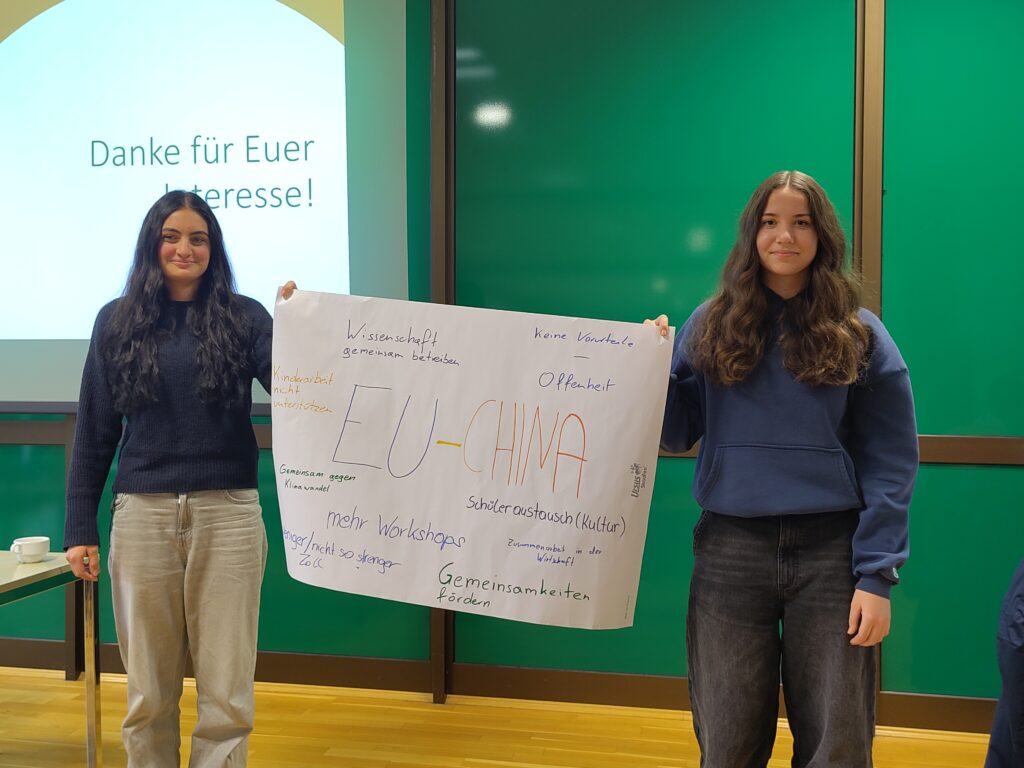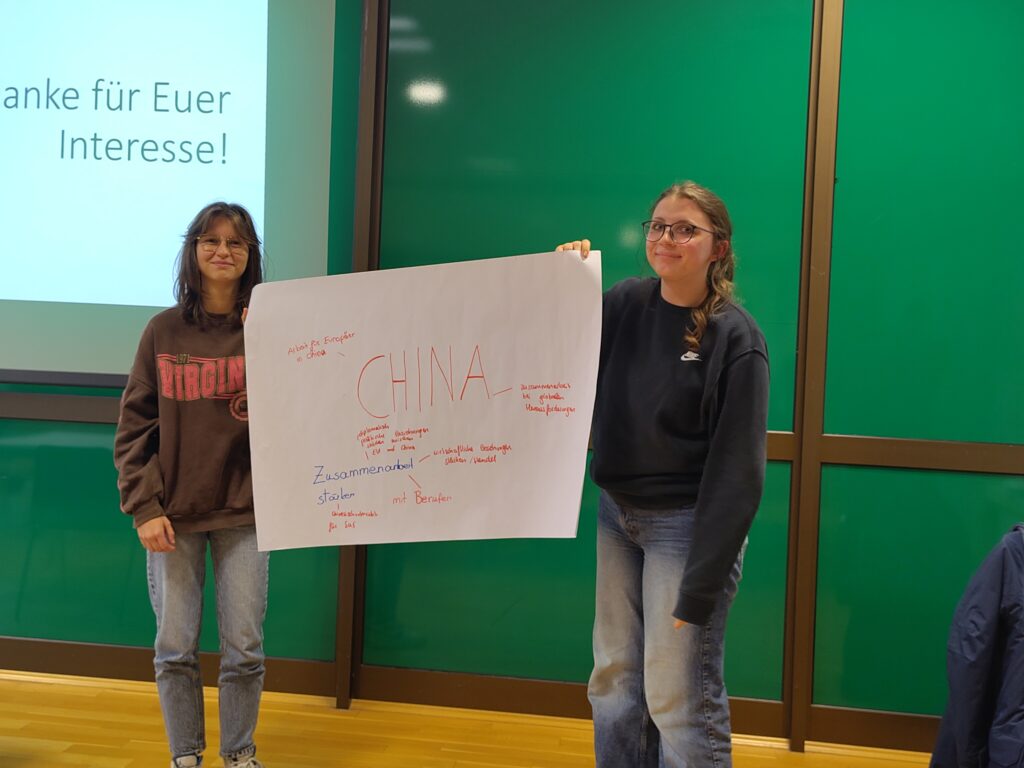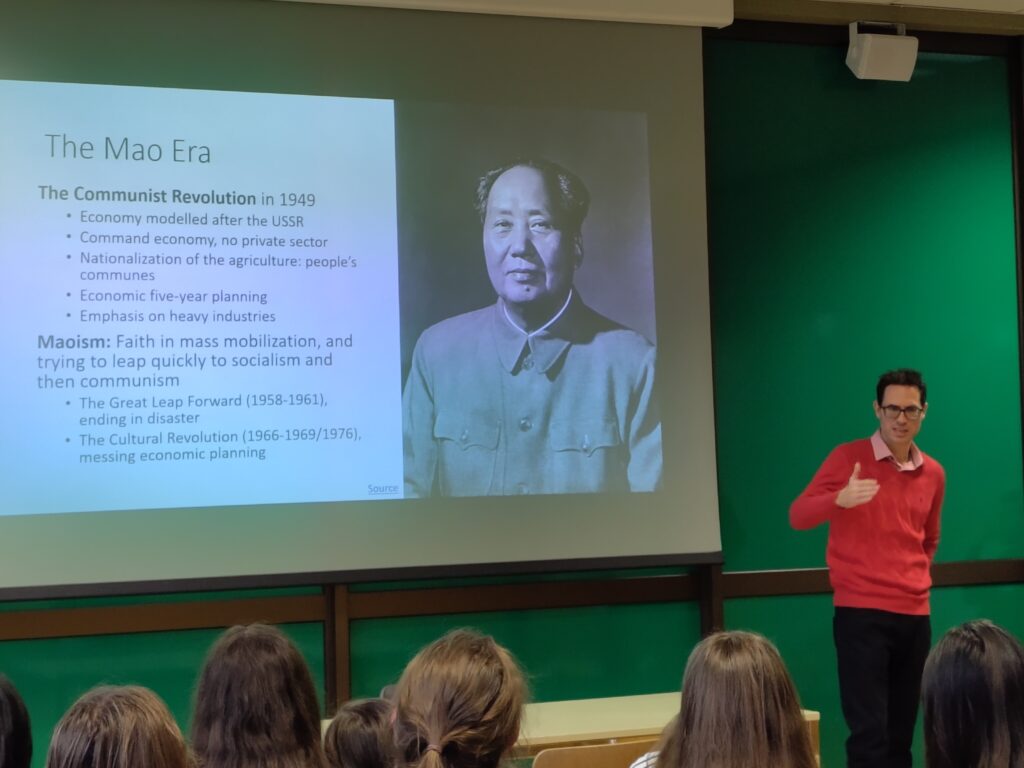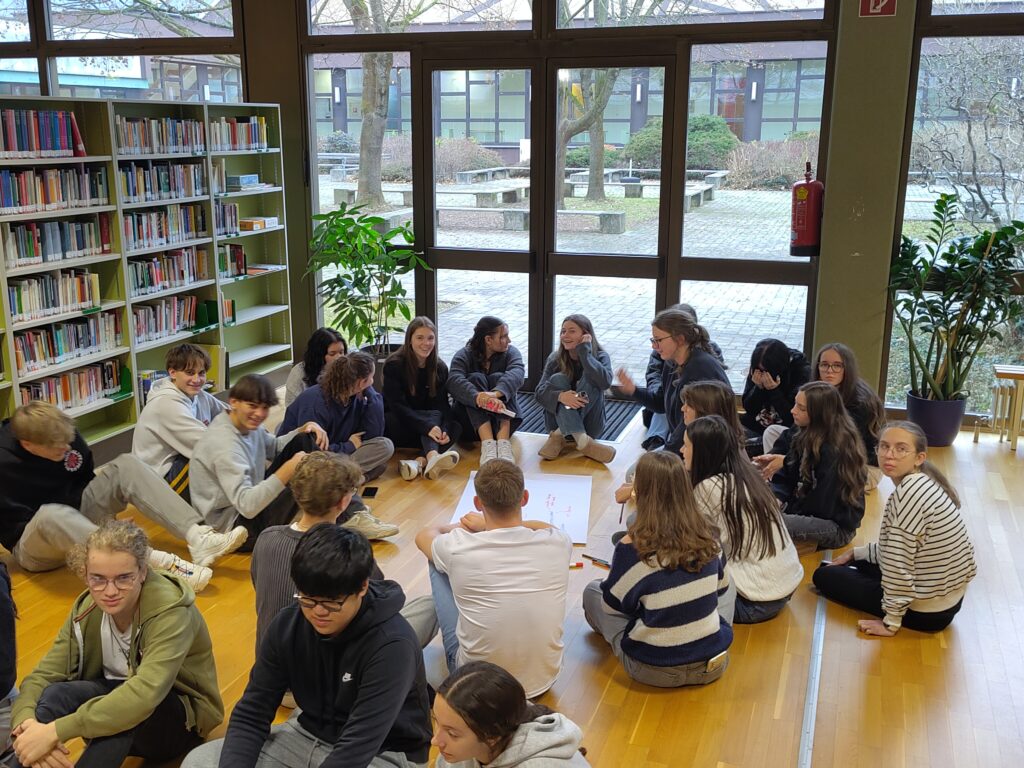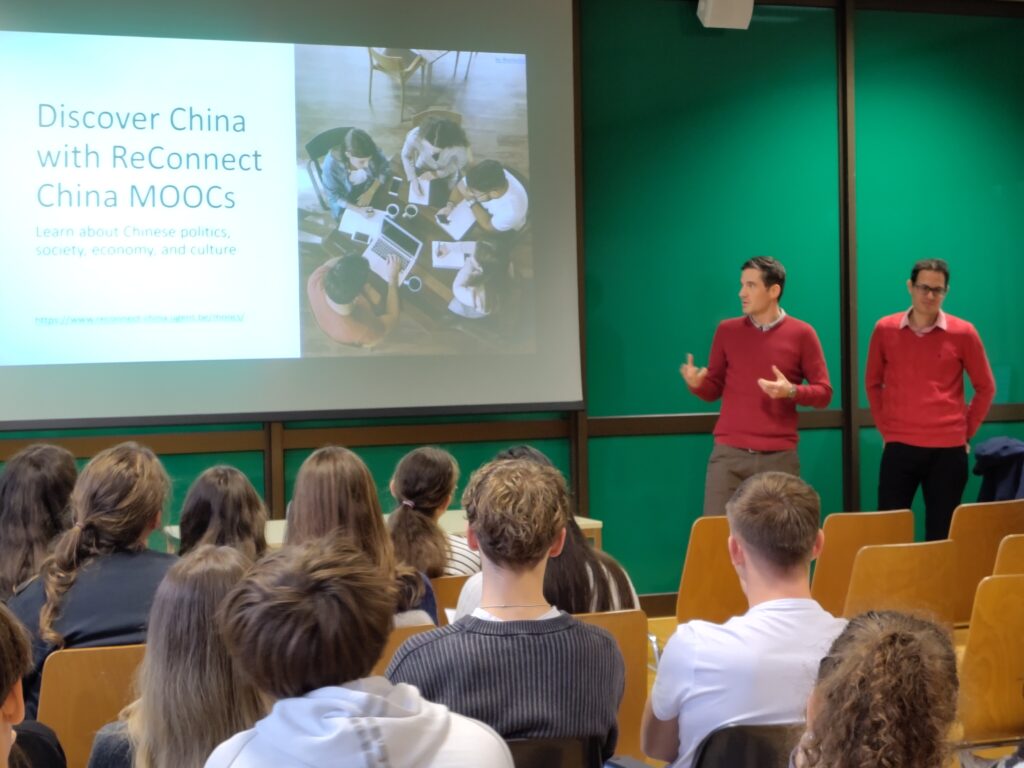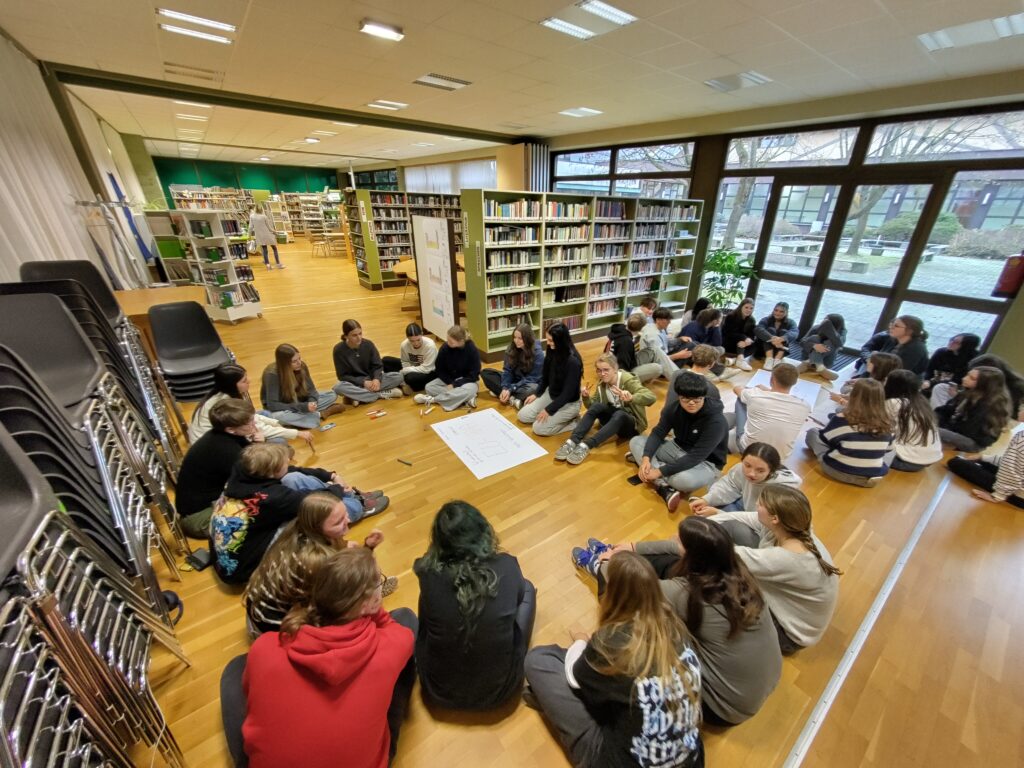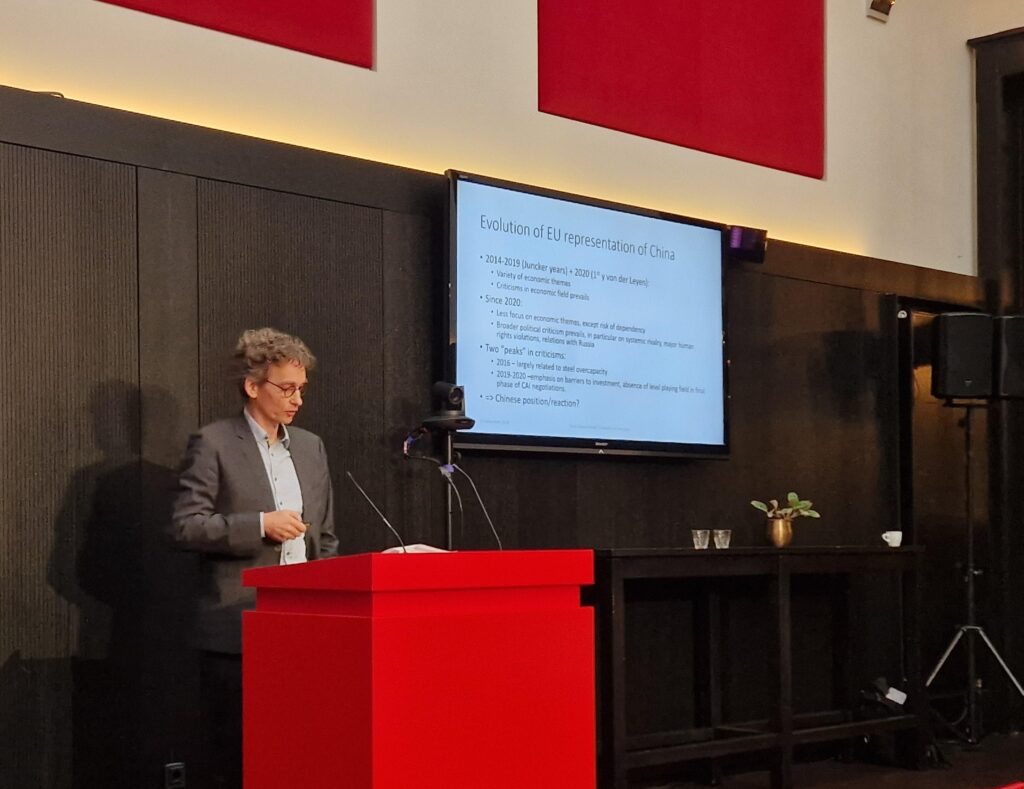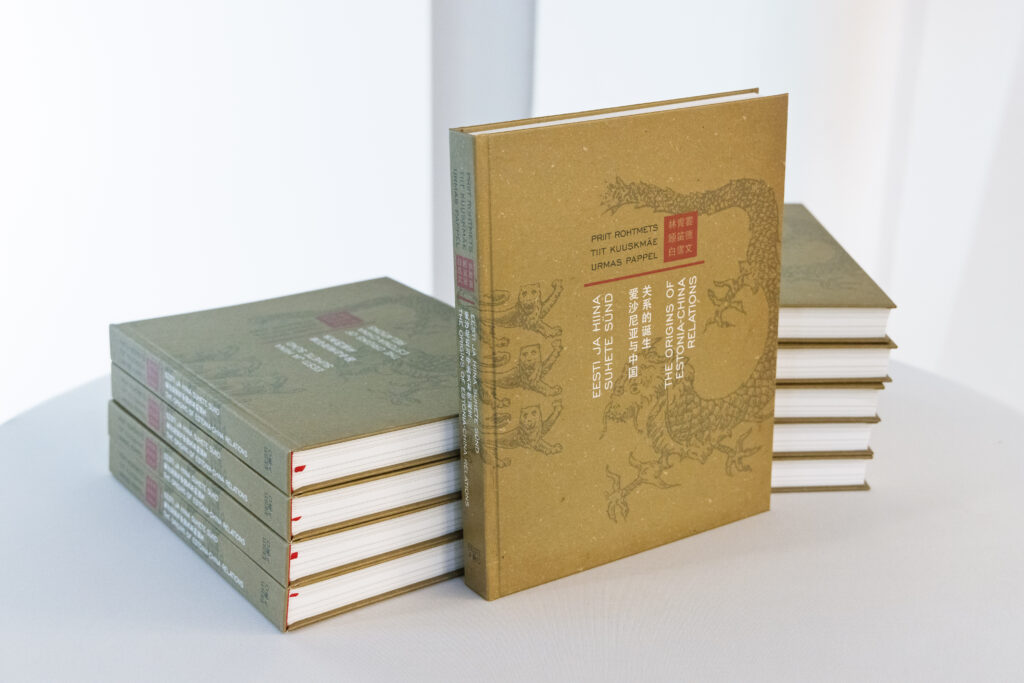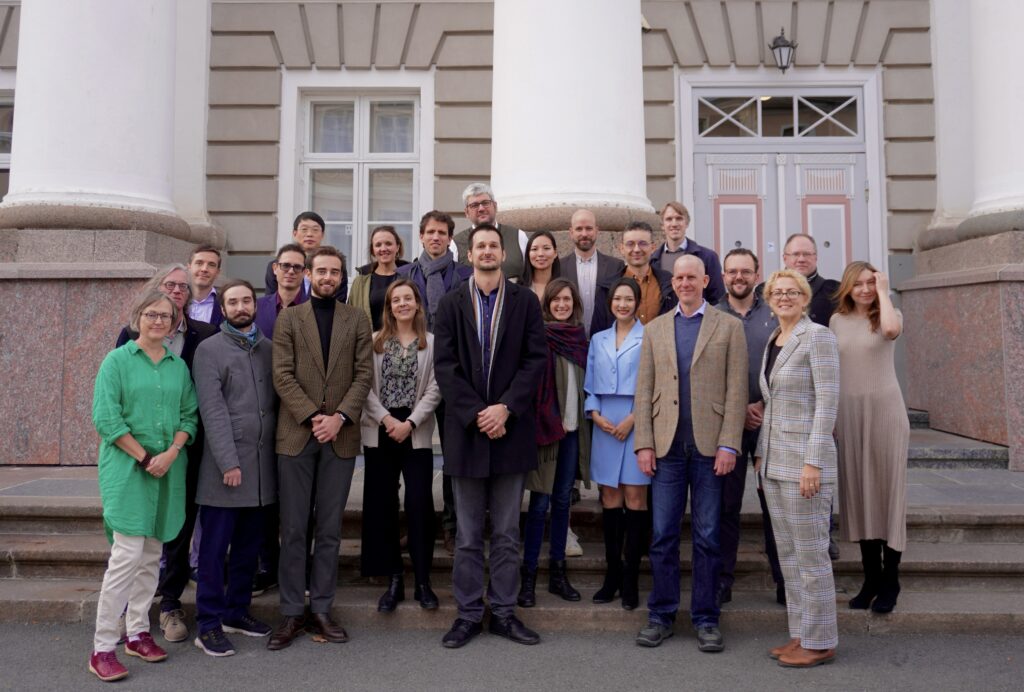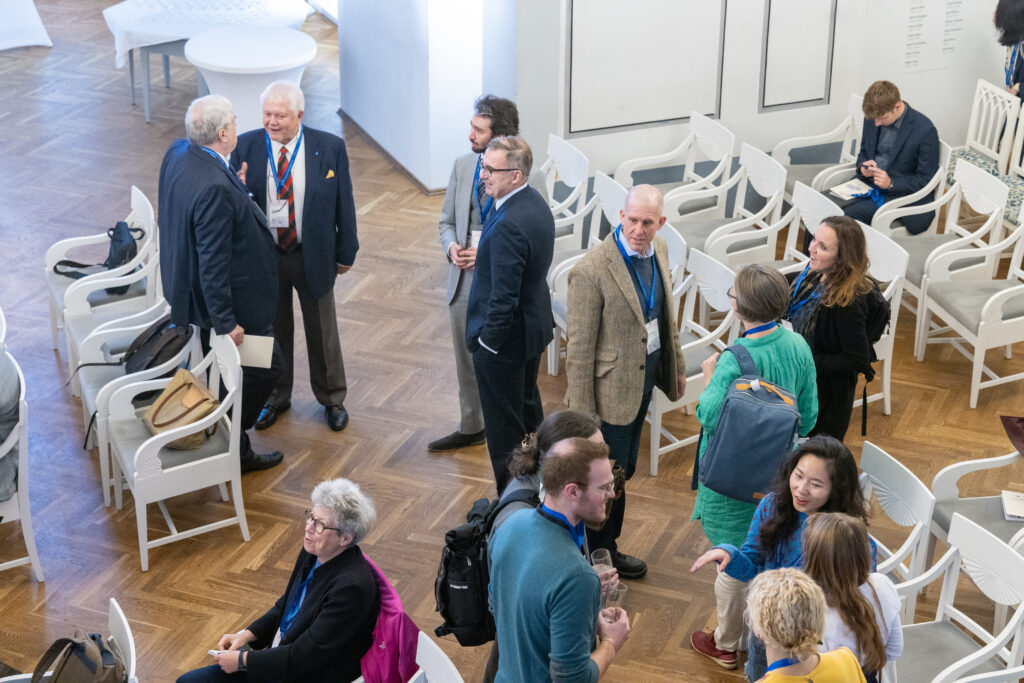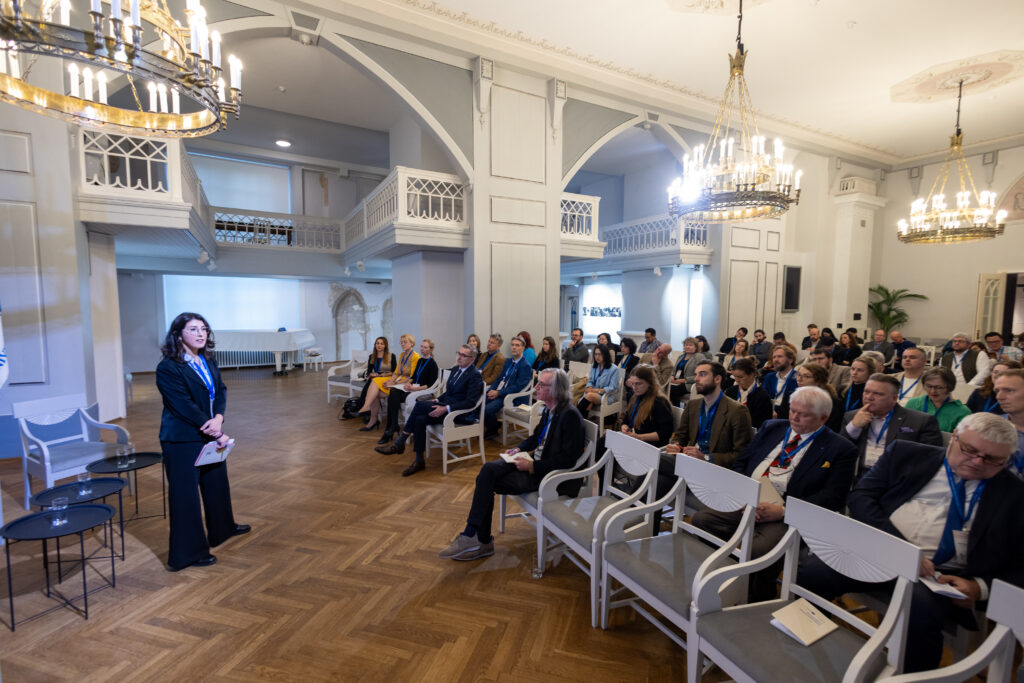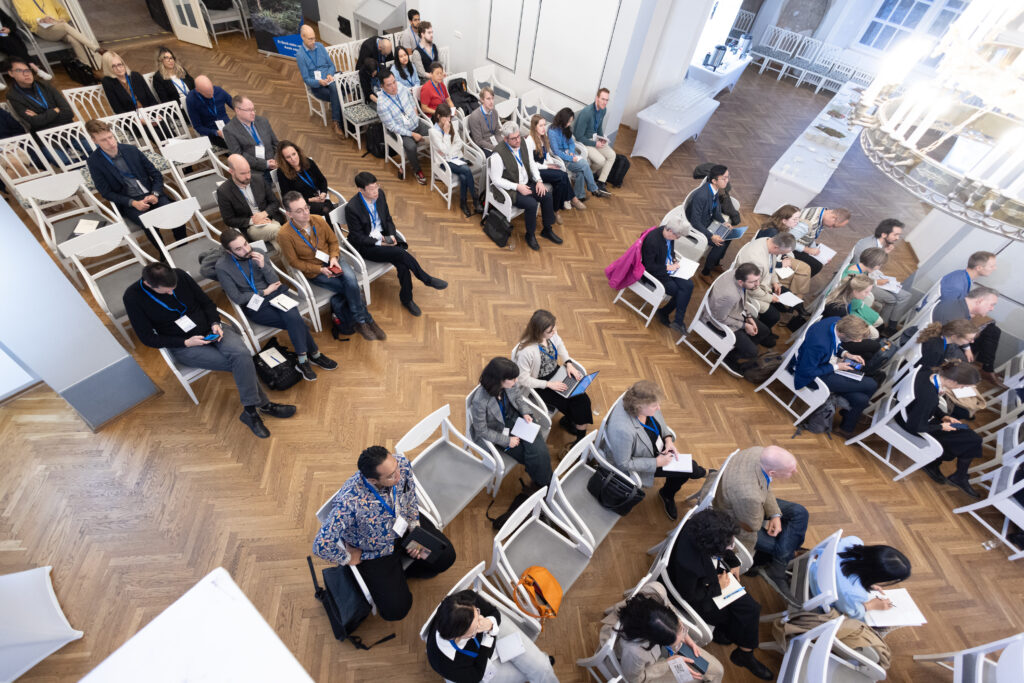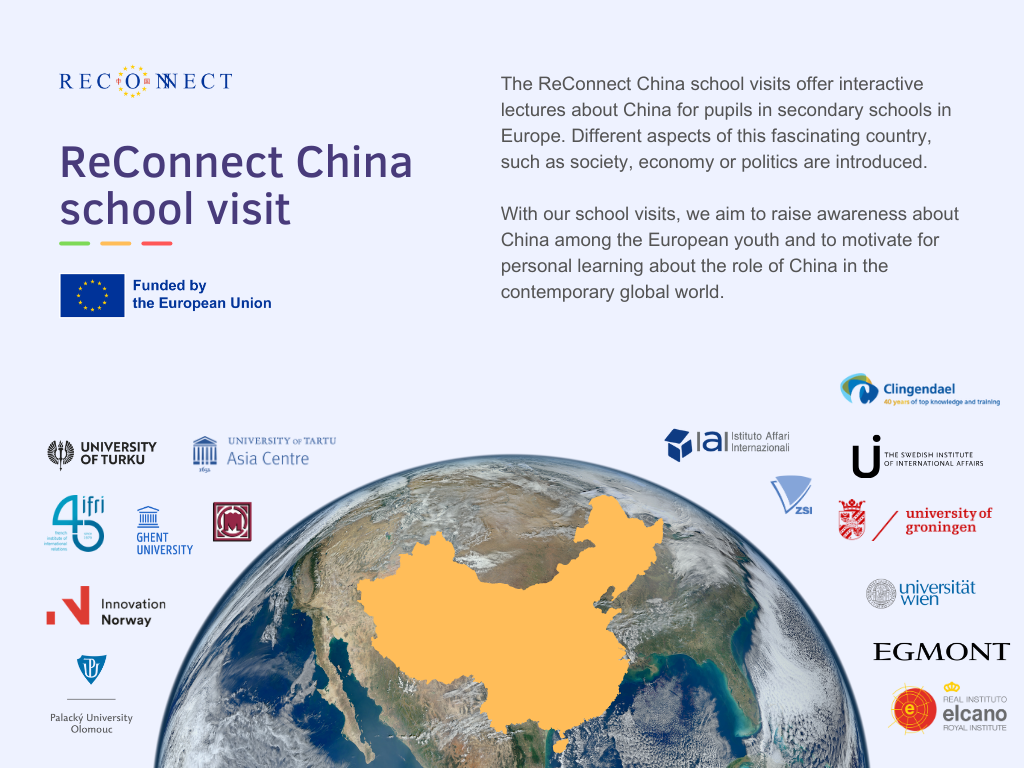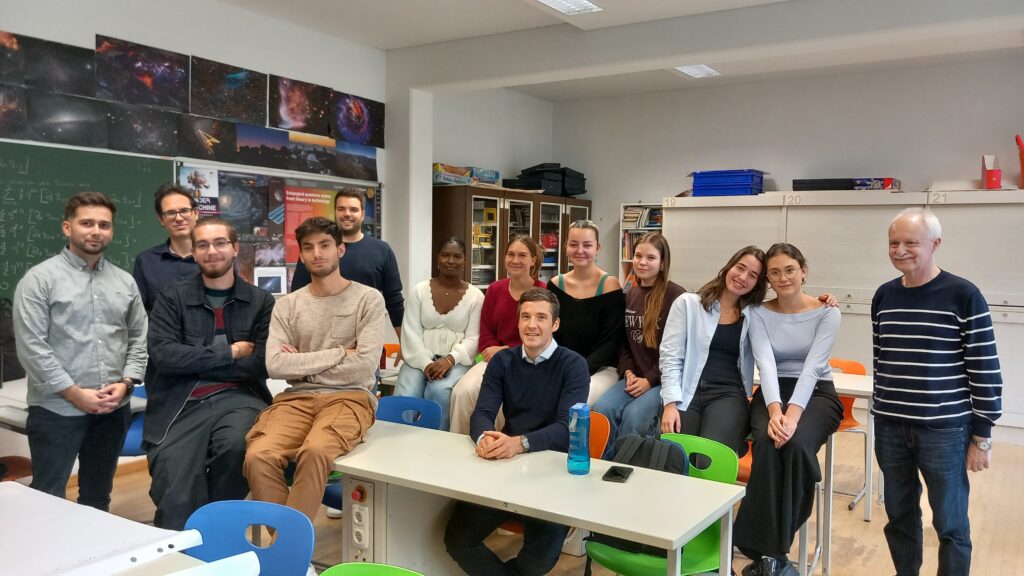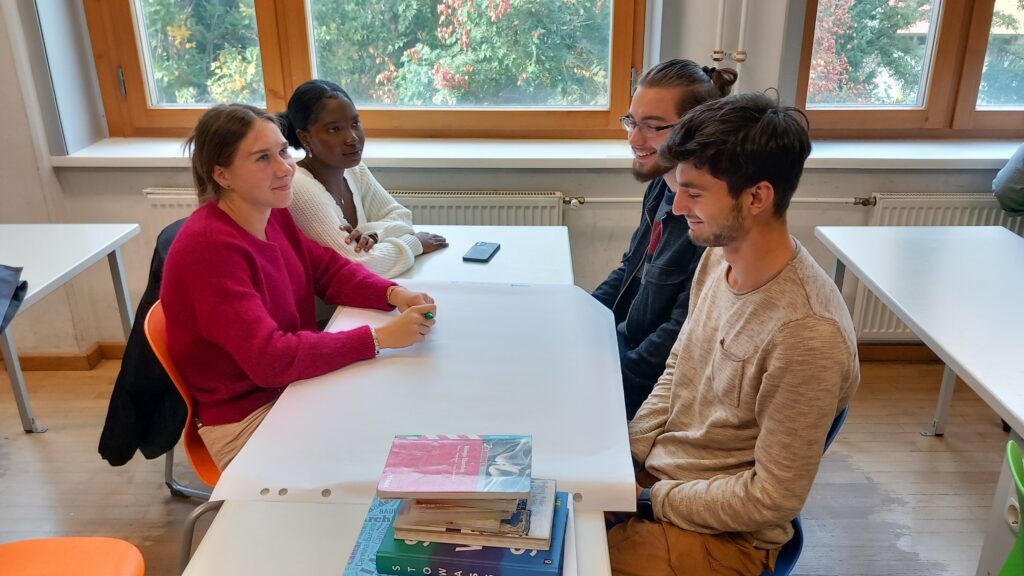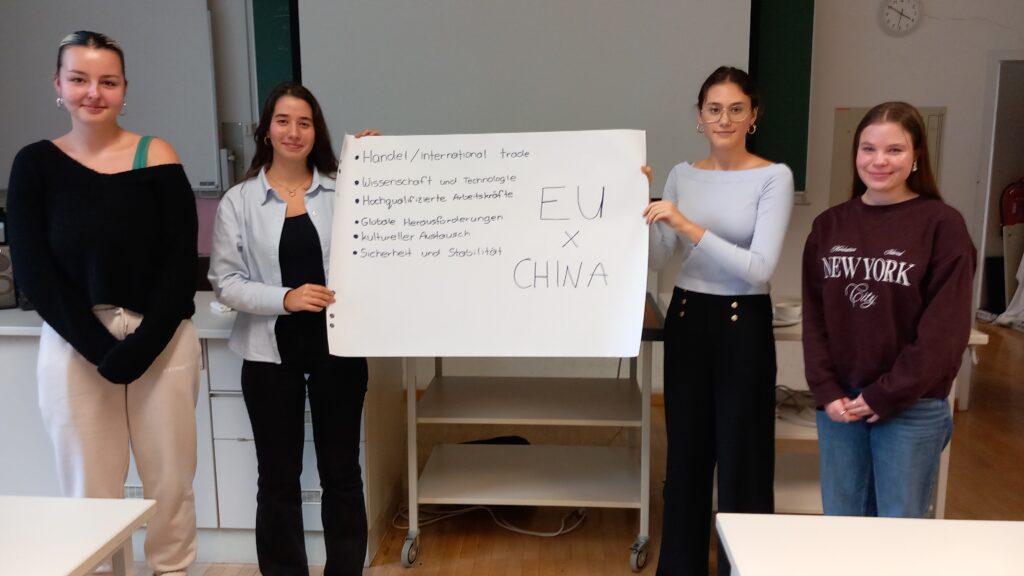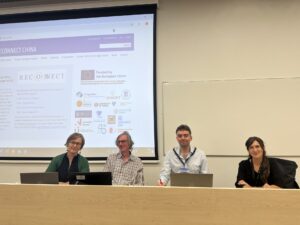Following up on the first two ReConnect China MOOCs on China’s politics and society and EU-China relations, having started in January and February 2024 respectively, we are proud to announce the launch of MOOC courses no. 3 and 4.
The MOOCs “Introduction to Chinese economy” and “Introduction to Chinese popular culture” both started on September 2, with the registration open since the same day. Both courses run until December 15, 2024, and are worth 3ECTS.
Introduction to Chinese economy
This course offers a comprehensive introduction to China’s economy. It is designed for learners seeking a foundational understanding of the key factors that influence China’s domestic economy within a global context. By the end of the course, participants will have gained essential knowledge about the drivers behind China’s remarkable growth as well as the reasons for its current challenges. Participants will also become familiar with primary sources of information on the Chinese economy, enabling them to continue their engagement and learning even after completing the course.
https://digicampus.fi/enrol/index.php?id=4822
Introduction to Chinese popular culture
This course offers a comprehensive introduction to popular culture in contemporary China, exploring its emergence across cinema, music, television, and social media creator culture. During the course, you will explore how popular culture intersects with gender, class, national identity, and political power within the Chinese context. Additionally, you will examine Chinese popular culture as a part of cultural flows within East Asia.
By the end of this course, you will be familiar with the various forms of popular culture, the factors driving its rapid evolution, and the platformisation of cultural production in China. You will also explore key films, shows, and songs, as well as academic resources related to China’s popular culture, which will help you continue your engagement and learning beyond the course.
https://digicampus.fi/enrol/index.php?id=4823
Based on the feedback received from course participants in the first two courses, we are convinced that our new courses bring another opportunity to yourself in a rewarding learning journey.
“This is a valuable and enjoyable course with extensive information, and most importantly, completely exciting.”
“Thank you for valuable course – it gave me much insight into economic and geopolitical changes in Asia!”
“I love to study and experience something new, especially if it is dynamic and exciting. I was engrossed in this course and was even sad that the course ended so quickly.”
“I liked the structure and format, it was pretty cool and I hope, there will be more courses like this one in my university department!”
